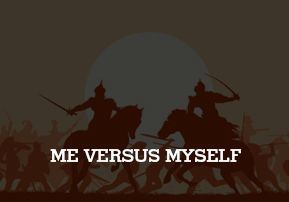
Me versus Myself
Don't fall into the trap of comparing yourself to others; “Judaism is not a competitive sport, it’s just each of us against our own evil inclination"...

In my early 20’s I took on a Torah observant life. I grew up completely secular and was now feeling very connected to my Jewish identity. But one morning at The Western Wall, I was terrified! “What a mistake I made, how could I have messed up!?”
A fellow man in the same prayer service saw that I was distressed. He asked me, “Hey is everything ok?”
I replied, “Yeah, but I slipped up and skipped one of the prayers…” He looked at me with pity and said in his Israeli accent, “Man- You need to learn Rebbe Nachman!” and gave me a slap on the back….
For many of us newly observant Jews, observing Torah is a matter of perfect deportment. We try our hardest to take on many rituals, traditions, all in an effort to feel more connected or closer to our Rebbe. Who can blame us? But we need to remember that observing Torah is a lifelong commitment and no one succeeds in becoming Abraham or Sarah in one day. From the start we need a firm basis of Emuna and an equal foundation of happiness. Sometimes we mistakenly allow our observance of the Torah to become devoid of that inner gratification that you are doing Hashem’s will, a phenomenal act in itself! Instead it becomes clouded by a yearning to be better than others or for attention. We can fall into the trap 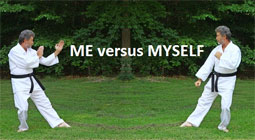 of comparing ourselves to our neighbors, friends and fellow synagogue congregants. But as Rav Lazer Brody says, “Judaism is not a competitive sport, it’s only us against our own evil inclination.“
of comparing ourselves to our neighbors, friends and fellow synagogue congregants. But as Rav Lazer Brody says, “Judaism is not a competitive sport, it’s only us against our own evil inclination.“
One thing that my wife and I love to joke about is how I have fortunately grown in Emuna over the last few years. Although it hasn’t been an easy process, and I’m still nowhere close to where I want to ideally be, there has been some progress in what we call Living Emuna or Living the Torah. So many things used to bother me on a daily basis whether in the way things were going for me in life, at work, in study, or in my relationship with family members. At the same time I was doing personal prayer, saying Tikkun HaKlali (The 10 Psalms that Rebbe Nachman organized as a way to correct one’s character) and learning Torah.
All the problems came from my mindset that I needed things to always go my way. I thought incorrectly that if I am doing x,y & z, then Hashem will do a,b & c. This mindset was like taking a circle and putting it through a triangle, it just doesn’t work! Instead it incorrectly crowns the servant as King and makes the King the servant. My Torah learning was not being led by a desire to grow in Emuna. This caused me so much unnecessary stress because I didn’t really know why I was doing what I was doing.
Luckily I recognized that I was missing the point. I knew theoretically all the tidbits from the Garden of Emuna book and certain things that Rabbi Brody says. It was no problem to talk about Emuna at the Shabbat dinner table, or give people advice, but I myself was not living it. The Emuna principles of “everything is from Hashem”, and “everything is for the best”and “there is a reason for everything” just remained in my brain, it never really went into my heart. But I still felt that the path of Emuna was truth and that I wanted it, I just needed to figure out what the problem was. Thankfully Hashem kept sending me very difficult challenges to wake me up to the fact that something was askew in my Torah life. Every time I heard someone say, “Having Emuna is living the Next World in this World” I thought, “When will I merit that? How come my life is so hard? Why am I not happy?” All of these perplexing questions ran through my mind, until one day I started learning The Garden of Wisdom.
This book elevated me to a place where I could see plainly where my mistakes were. I wasn’t serving Hashem, I was serving my own little limited brain. This book taught me ways to look at my own personal situations through the eyes of the simple shoemaker (the main character in the book who always is happy with his lot, since he knows everything comes from Hashem- even his mistakes!). When I began talking to Hashem during my hour of personal prayer session about my day, suddenly I found myself able to accept my problems with a smile. I stopped being so hard on myself when I wasn’t perfect. I gained so much more serenity in life because I would line up my own actions with how the simple shoe maker would react. It doesn’t mean that all my problems have vanished, it simply means that instead of getting angry every time things doesn’t line up the way I want them to I can breathe and see the message Hashem wants me to learn.
We need to keep in mind that Hashem wants us to be happy even when we aren’t completely there yet. Even if we mess up or can’t do everything that we mentally think we are capable of. Hashem gives us our limitations for a reason- the message here is to accept that and not become bitter. Through living Emuna, we truly crown Hashem by accepting His doings with a smile. It doesn’t mean that we don’t want more or that we don’t want success. While we are going through the day to day of Torah observance, we credit Hashem for our successes and we search for the Emuna message when Hashem doesn’t let us succeed. We make every effort to move ahead and get to the top, but when things don’t work out we don’t become bitter, we take our day into our personal prayer session. We bring everything to the source- Hashem, and proceed by taking an hour day after day to talk to Hashem and pray for Emuna. Remember that our job is to serve Hashem within the scenario he lays out- not the one we envision. By doing so, we can find our direction, maintain peace of mind, increase the peace in our relationships and truly crown Hashem as our holy King and G-d.







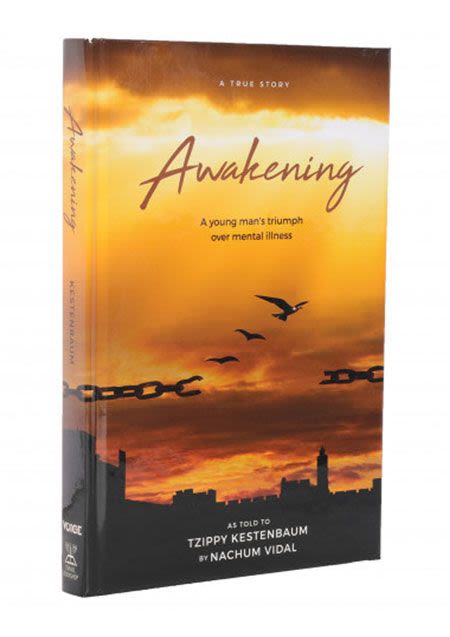
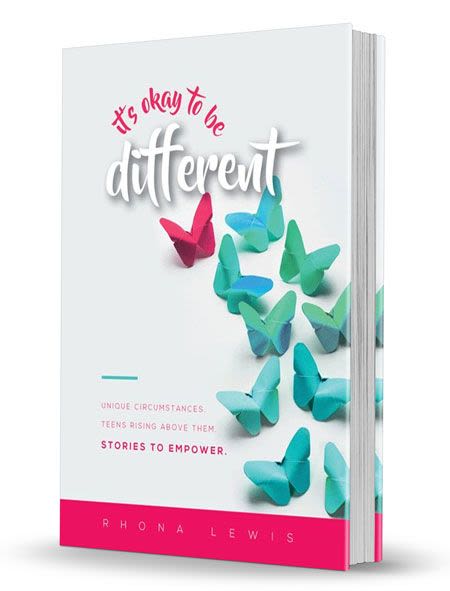
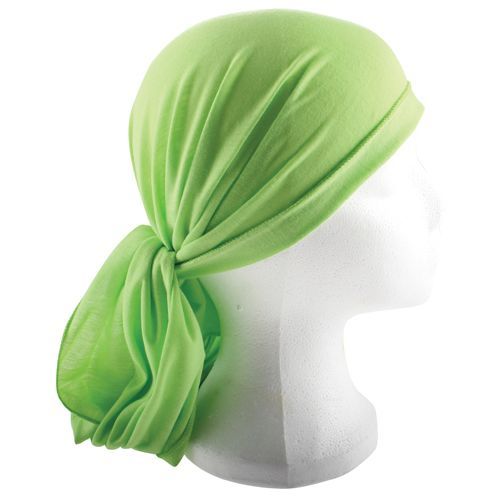

Tell us what you think!
Thank you for your comment!
It will be published after approval by the Editor.